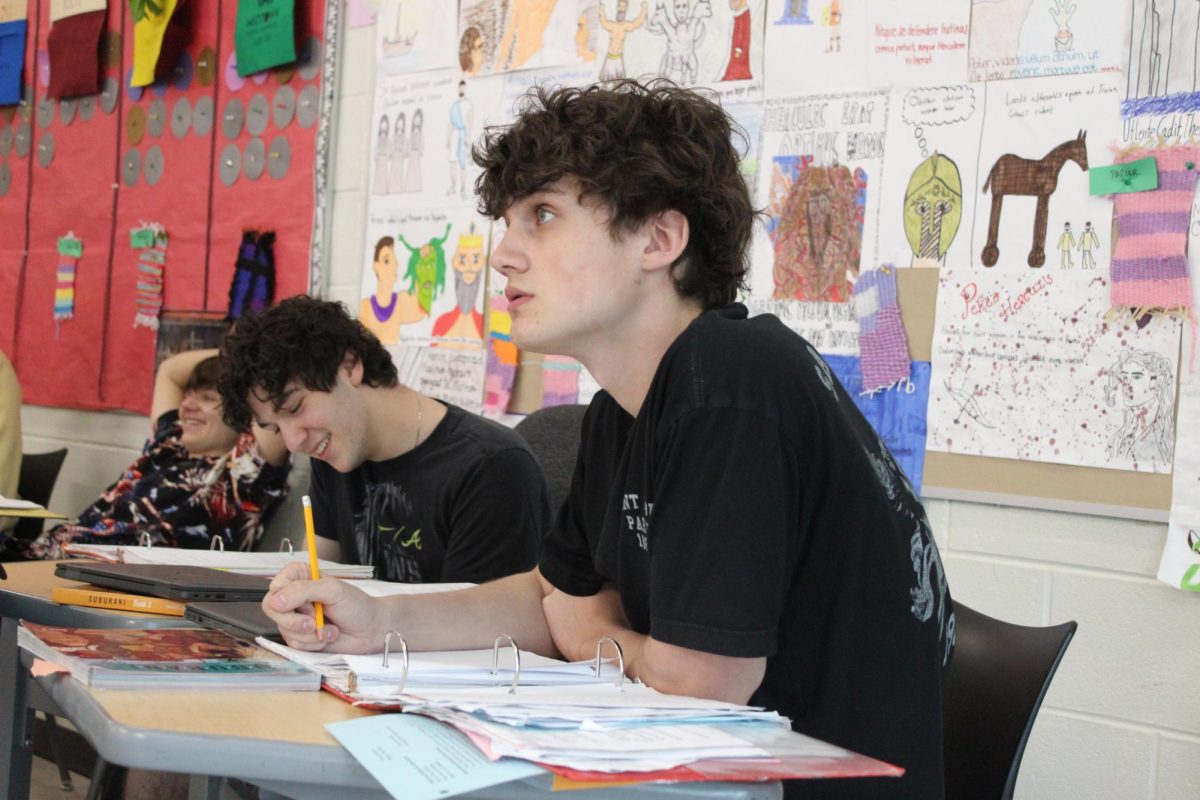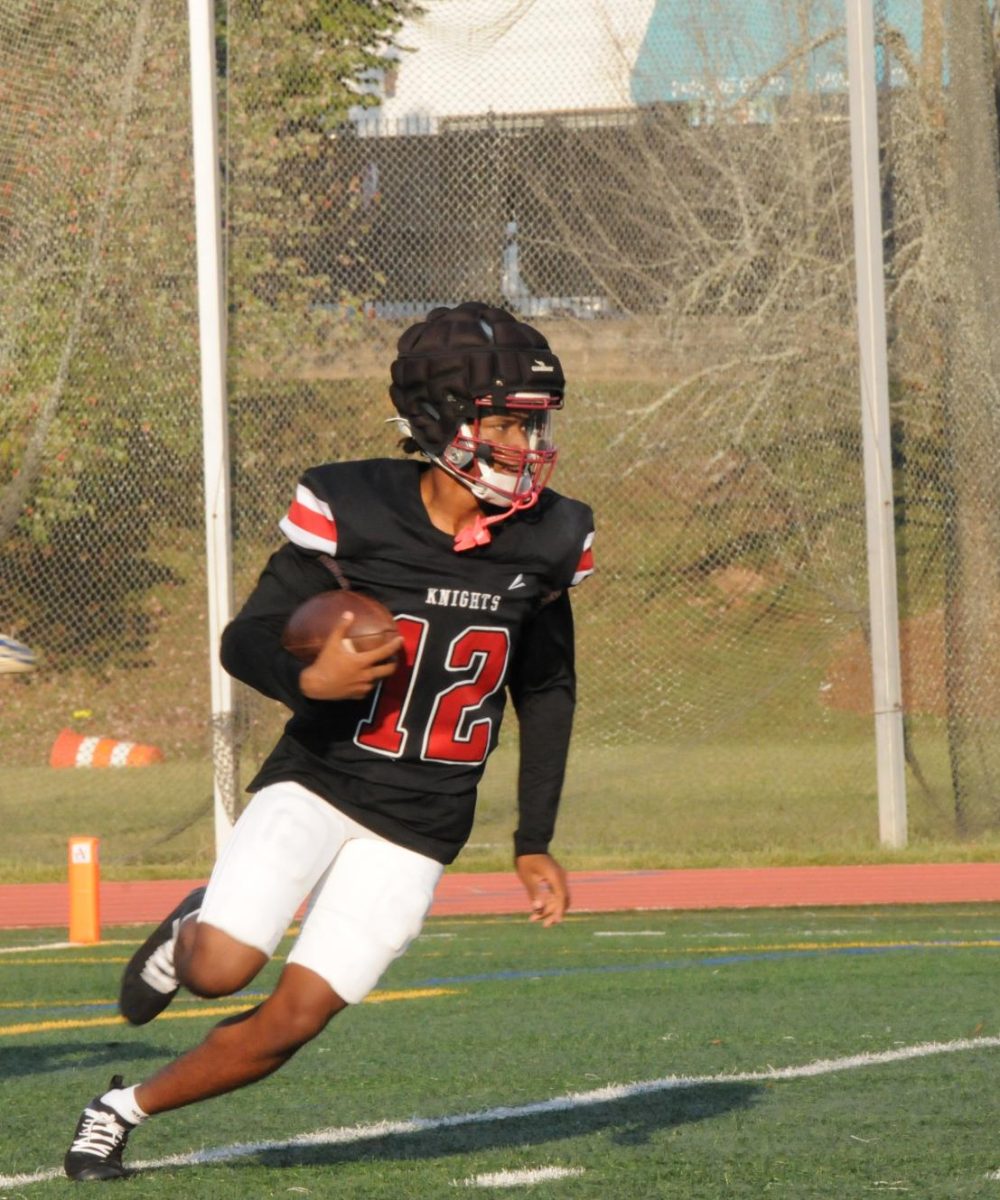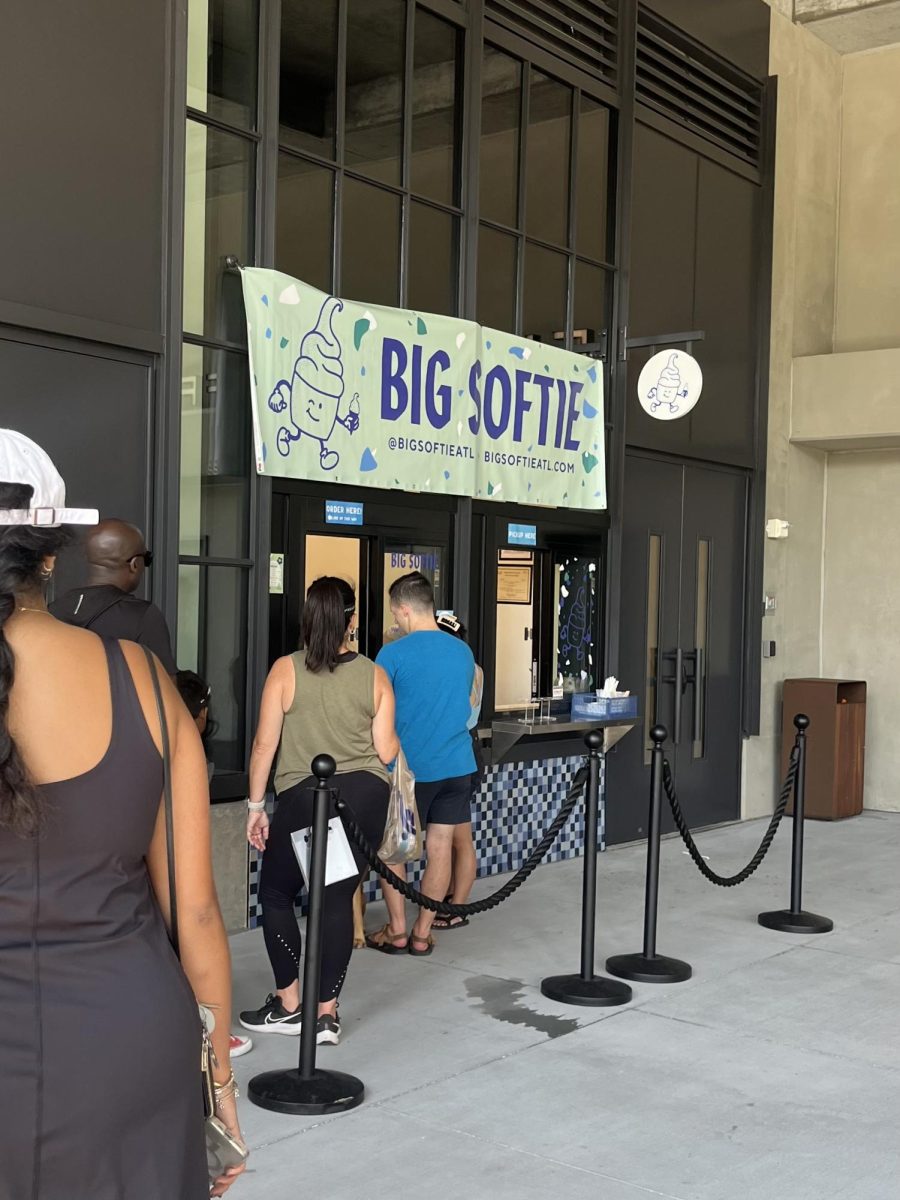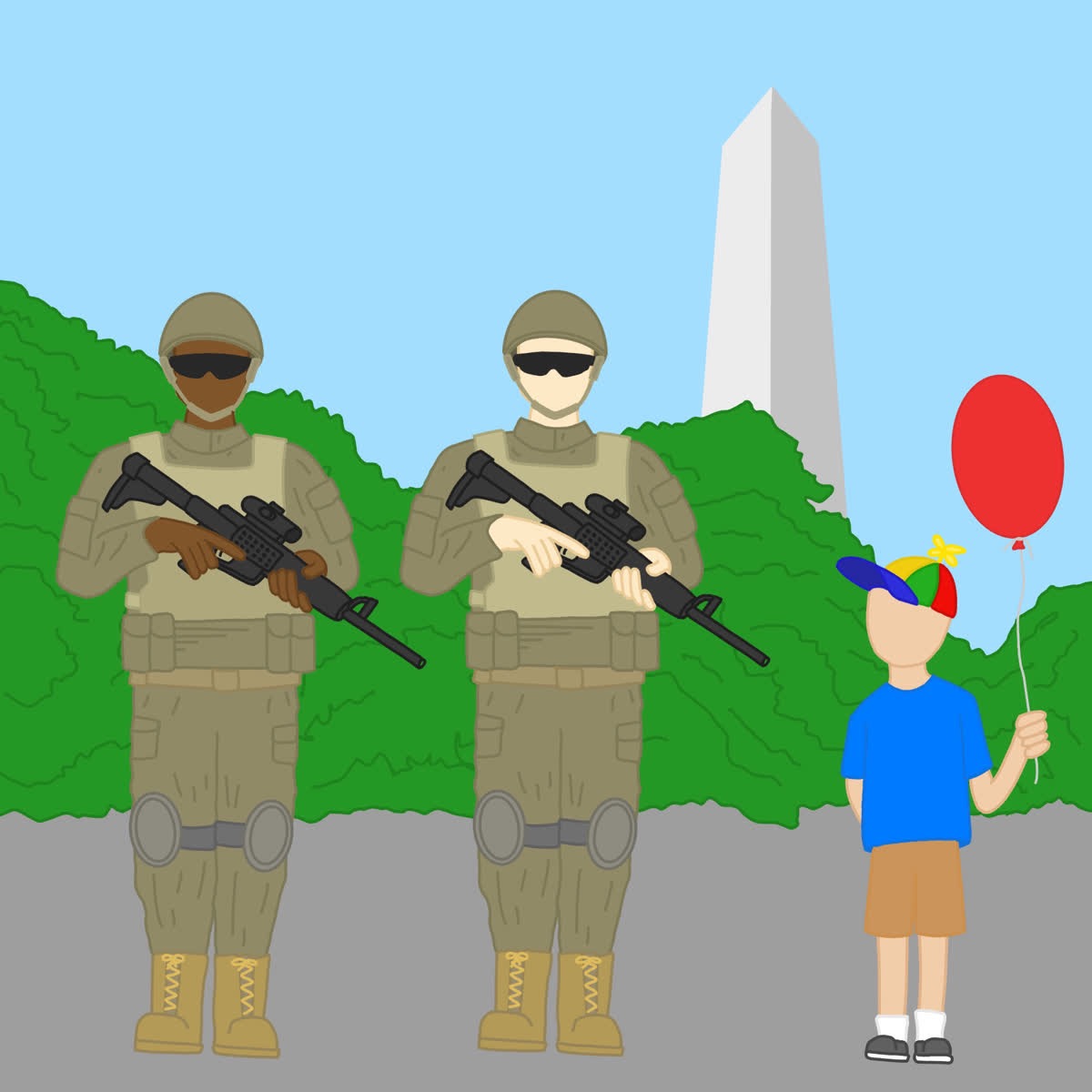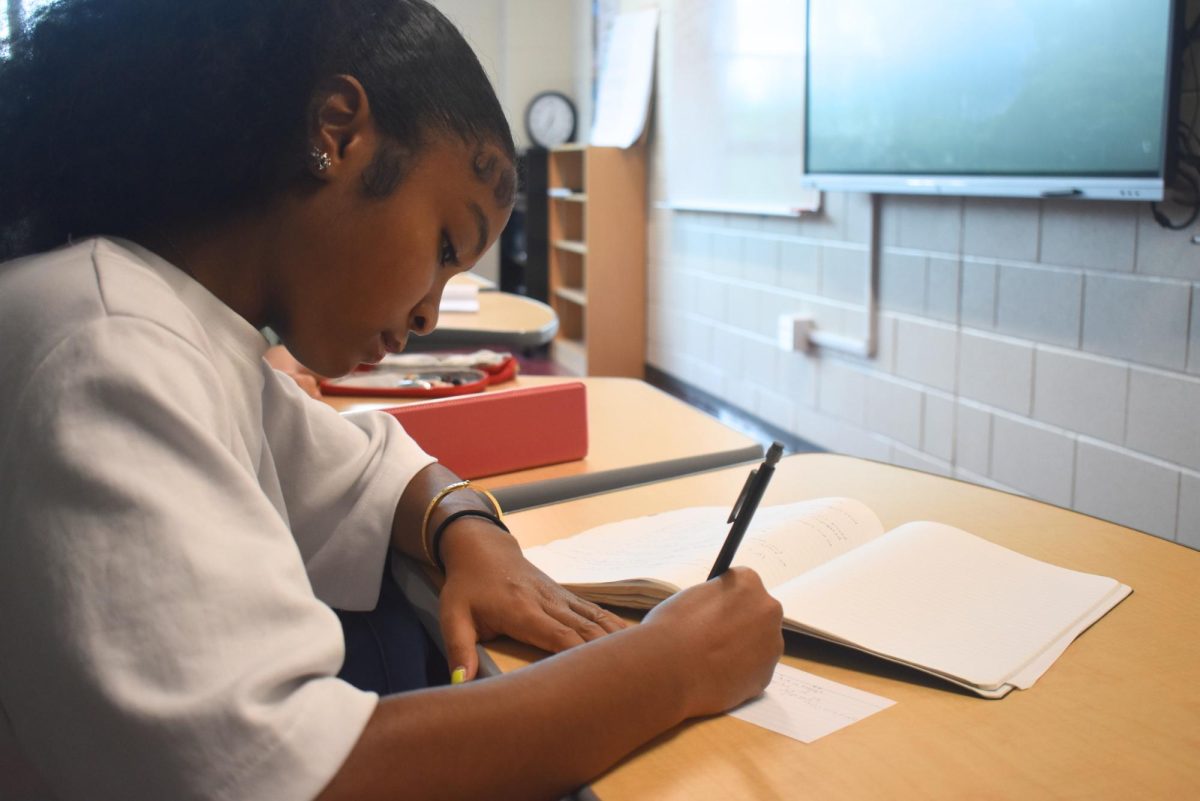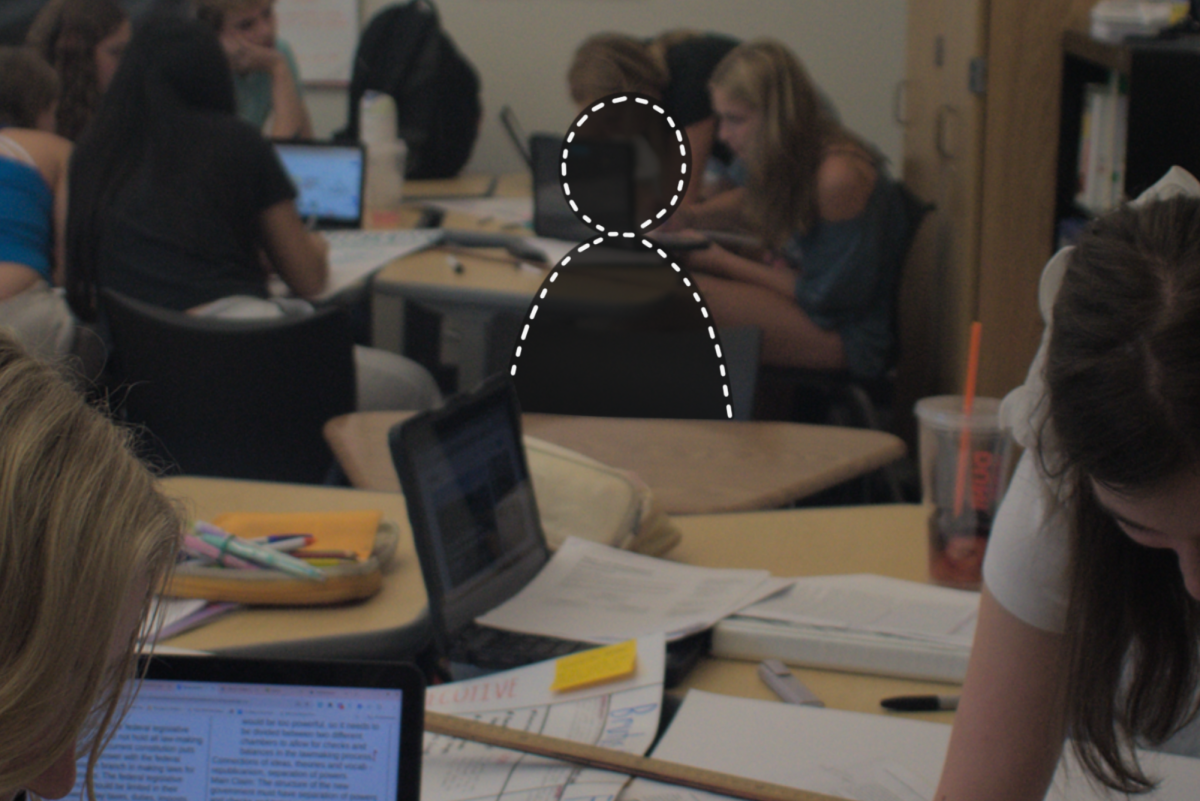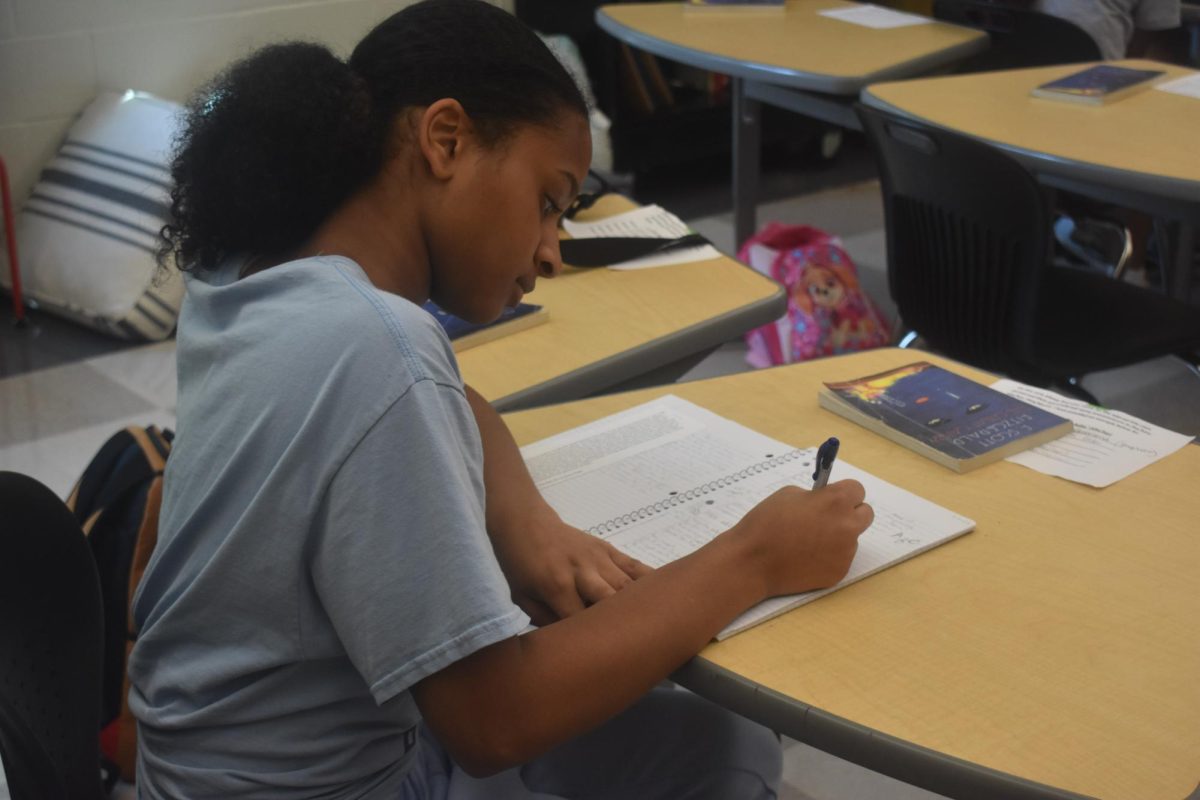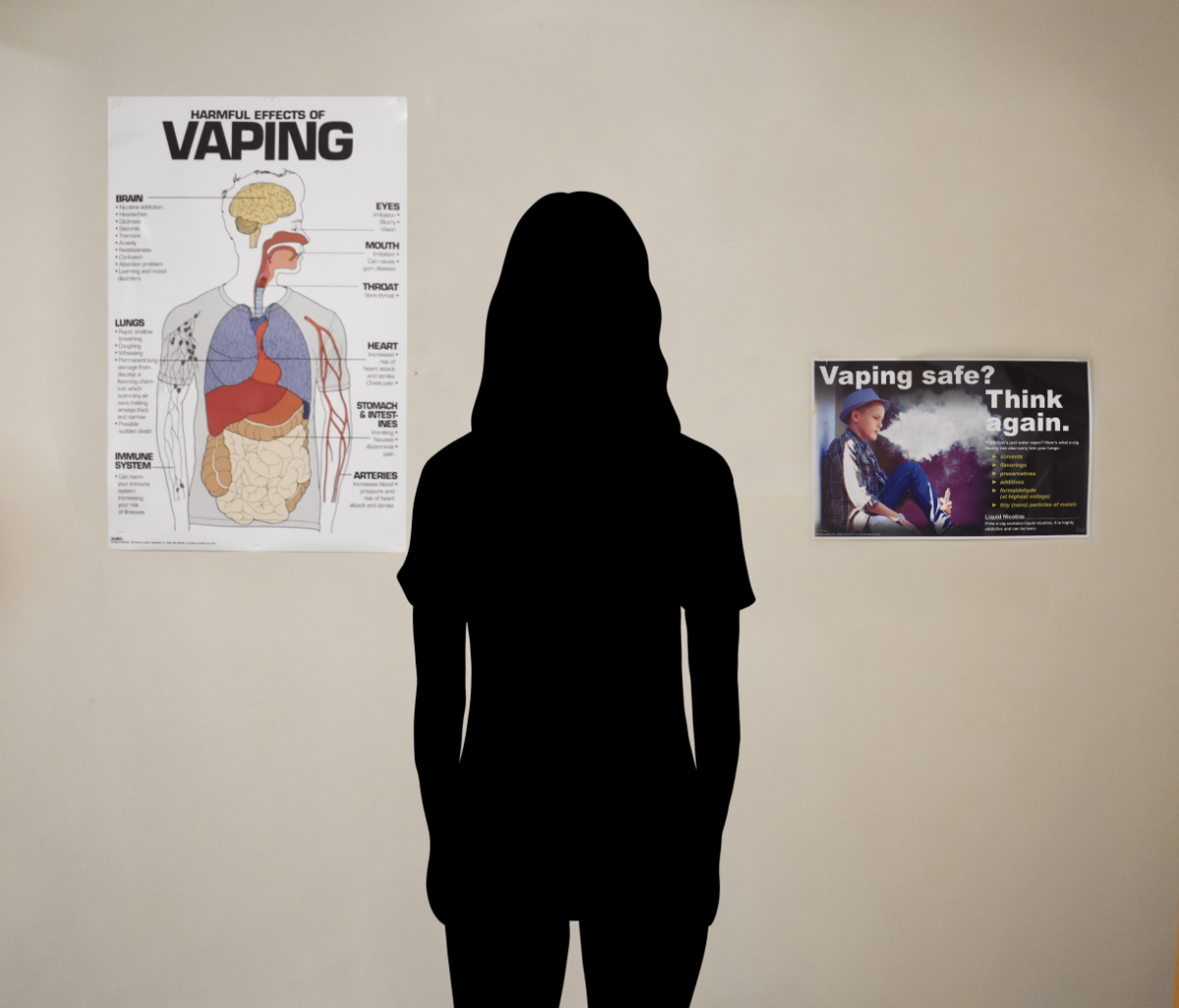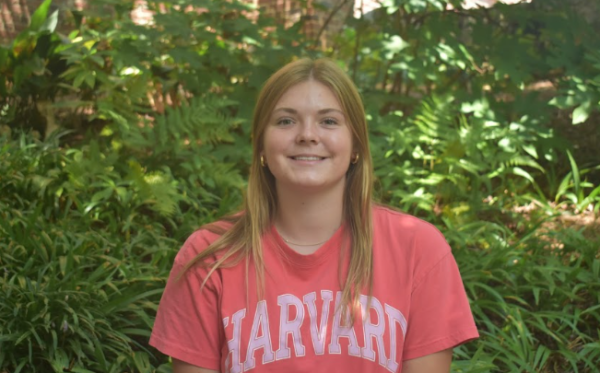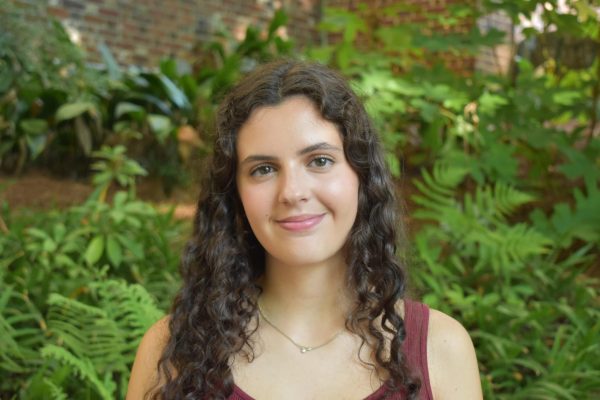The College Board has made the decision to dramatically shorten the Advanced Placement Latin curriculum for the 2025-26 school year in aims to make the course more accessible for interested Latin students.
The course currently consists of 900 lines of reading from both Virgil’s Aeneid in the first semester and Julius Caesar’s De Bello Gallico second semester. The new course will only include 450 lines of Virgil’s Aeneid, and replacing Caesar’s work with 450 lines of Pliny The Elder’s work.
“The amount of Latin that we will be reading is less so that we can actually talk about it more,” Latin teacher Amy Leonard said. “If you ask any AP Latin student about what the class is like, we just read, from the beginning of class to the end of class. And then in the next class we have to read again because we have to be reading constantly to stay up with the bulk of the syllabus.”
Leonard feels the course will still teach a sufficient amount of required information, but allow for more freedom and discussion time in the class.
“One of the things they’re [the College Board] asking us to do is include ‘teacher choice units,’” Leonard said. “Since they’ve taken away all of this required stuff, it gives us room to say, ‘you know what is a great thing to read that will help you read this other stuff better?’ It will also give me a chance to ask the students what’s something that you guys would like to read, and get some investment from the class.”
Current AP Latin student, junior Avery Wender said he was surprised and somewhat frustrated when he found out about the curriculum change.
“AP Latin so far this year is very difficult, but Ms. Leonard still makes it a fun class,” Wender said. “The hardest part is the daily quizzes, as they require that I am always studying before each class.”
Wender said that if he had known how significant the curriculum change would be, he might have made a different academic decision.
“Had I realized how big of a change the curriculum would make, I likely would’ve considered taking Latin 4 this year and then AP Latin next year,” Wender said. “Lessening that workload would be very helpful.”
Junior Gabriela Waldman is currently enrolled in AP Latin as well. She expressed interest in retaking the course if it would fall under a different name, but since students are not allowed to retake the same AP course, she is unable to.
“The coursework is incredibly interesting, the activities are fun and the people in that class are great,” Waldman said. “The course load is fairly manageable. The daily quizzes are typically quite short and really help to sharpen both our knowledge of the texts and the skills developed in class.”
Although Waldman is unable to retake the course next year, she hopes the change in material will draw interest to AP Latin.
“I don’t think students will be missing out on much,” Waldman said. “Although the Aeneid is an incredibly well-woven narrative and De Bello Gallico gives a fascinating look into Roman history, the great thing about ancient literature today is that much of it is available through other means. These changes will allow students to experience even more of the classical world than before.”
Junior Katy Constantinides is planning to take AP Latin next year, explaining the curriculum change had a large impact on her decision to sign up for the course, yet she doesn’t think the smaller curriculum will make the class less meaningful.
“Before I knew about the change I wasn’t planning on taking it because I heard it was a hard course with a lot of information to learn,” Constantinides said. “I think the smaller curriculum will actually make it more meaningful because we’ll have time to actually go in depth on the different subjects and have a complete understanding of them.”
Constantinides is interested in the real world aspect of reading texts from authors in the Latin world, rather than from a textbook with stories featured in past Latin classes.
“I’m hoping to get a better understanding of real Latin because a lot of what we do in previous Latin classes is just from a textbook,” Constantinides said. “I think it’ll be interesting to see how people back then actually wrote and what they wrote about.”

